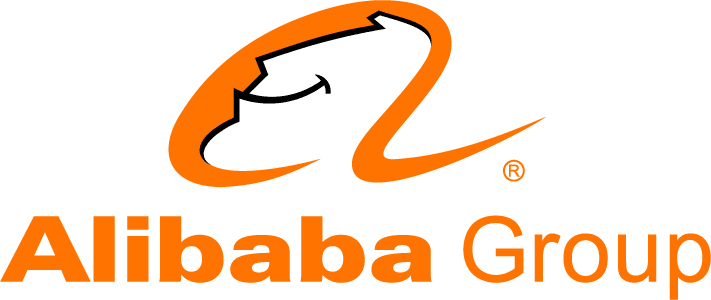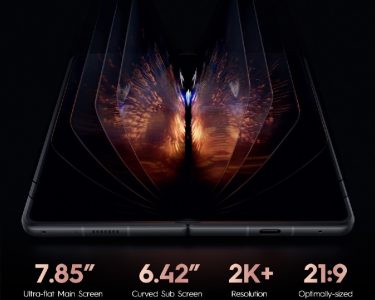Alibaba, a Chinese internet ecommerce giant, is still breaking the records of online shopping. But now, the giant has surprised us because it is being reported that Alibaba has begun veering into physical sales too.
Yes, that’s true, as per the sources saying that the company is planning a shopping mall that is in their retail wheelhouse, but the news we read during the last week was further afield: Alibaba will help Ford sell EVs in China. Part of that very proposal included the intriguing concept of a gigantic vending machine to dole out the cars – which, to be honest, has been tried out before to end parking woes. But it seems that was not a casual suggestion: A new video is illustrating exactly how the revolving vehicle vendor would be working as part of test drive experience of Alibaba.
The process has been started with Alibaba’s Taobao application, which folks utilise to snap photos of a car they want to take out for spinning. Later, they input personal information, take a selfie then submit a deposit (which is waived if they are an Alibaba Super Member). After that they head to a Tmall-brand car vending machine, which utilizes facial recognition (or some login code) to find their vehicle of own choice, which it dispenses for a 3 day trial run. If users desire, they could buy cars straight from the application.
Must Read: Samsung Galaxy S9 to be the first Android flagship launched next year
To get the detailed visual test guide about the test, you can open the link below :
But be ware of the fact that everyone can not take a test drive. Only the people who score over 700 in China’s Zhima Credit System, can check cars or vehicles out of the automated vending machines. For the sake of prevention of abuse, users can just test a model once. Also the tests are limited to five drives in the first 2 months of signing up.
Alibaba intends to open 2 of these Tmall vending locations in January 2018. One of these Tmall vending location is expected in Shanghai and the another one is expected to be in Nanjig, with “dozens” more planned to launch across China (most in 2018).




